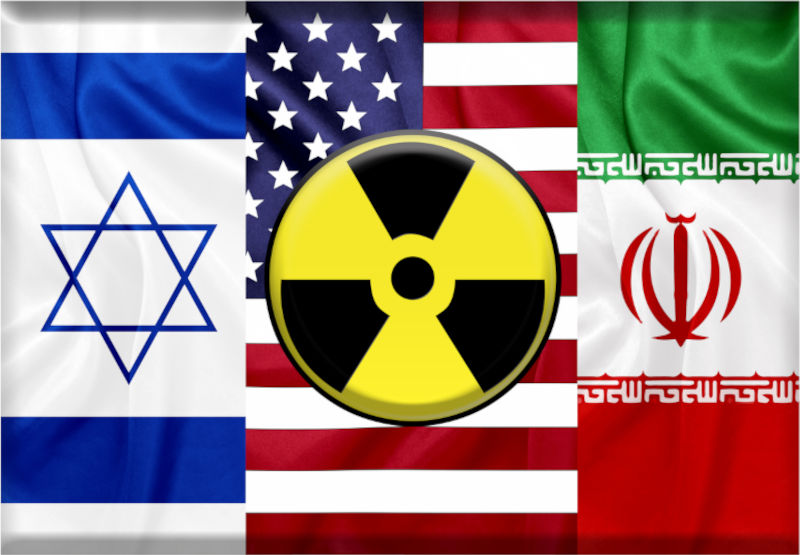Australia should not have endorsed the American bombing of Iran nor the Israeli position on nuclear weapons
June 26, 2025
The US bombing of Iran violated Article One of the ANZUS Treaty which states that members should refrain in their international relations from the threat or use of force in any manner inconsistent with the purposes of the United Nations. That rules out aggression.
Accordingly, Australia should not have supported the US bombing of Iran.
There was no publicly released information that Iran was about to get nuclear weapons. There were plausible grounds for believing that Iran had enriched uranium to 60%. But that did not mean it was only a few days away from getting weapons-grade uranium enriched to over 90% to be turned into bombs with a reliable delivery system.
There was ample time to give diplomacy a chance. Iran had earlier agreed with other presidents to constrain their enrichment of uranium to the very low percentages used in civilian reactors. Under the Shah, the US agreed for Iran to have civilian reactors to sell power in the region and not rely solely on oil for revenue.
In all of this, hardly anyone has raised the issue of why it’s okay for Israel to have nuclear weapons and deny access to UN inspectors. It is not known outside Israel how many weapons they have produced since the first one. This was in 1996-67, according to the US Centre for Arms Control and Non-proliferation. The minimum figure is 90 nuclear weapons, The delivery system is fighter bombers, land-based missiles and probably submarines. The nuclear explosive is plutonium produced by a reactor built with French help. Some US highly enriched uranium might be available, but that is not proven.
In 1969, a declassified memo to president Richard Nixon from then secretary of state Henry Kissinger made it clear that when buying US Phantom aircraft, Israel committed “not to be the first to introduce nuclear weapons into the near East”. Israel interpreted “introduce” to mean they could possess nuclear weapons, but not deploy, test or make them public. It’s not most people’s definition of the word “introduce".
No-one knows for certain what would’ve happened if the US and British intelligence services had not mounted of a coup against Iran’s secular, democratically elected prime minister Mohammed Mosaddegh in 1953. His sin was to impose a tax on oil produced by British and US companies in Iran. Britain blockaded Iranian ports so it could not sell any oil.
The benefits from the overthrow of Mosaddegh in keeping the oil price low did not last long. The creation of the Organisation of the Petroleum Exporting Countries in 1960 by Iran, Iraq, Kuwait, Saudi Arabia and Venezuela ensured over time that the price of oil was higher than many Western consumers would like, but closer to what it was worth to the countries which owned it.
Instead of maintaining a democracy, the US and the UK restored the Shah on the throne. He became increasingly corrupt and brutal and was overthrown by Ayatollah Khomeini who was established a theocracy. Another Ayatollah now rules Iran.
Many young people, and others, in Iran would prefer to live in a democracy. If the democratically-elected Mosaddegh had not been overthrown in 1953 by the British and the Americans they might still be able to enjoy a democracy over 70 years later.
The views expressed in this article may or may not reflect those of Pearls and Irritations.


